Menu
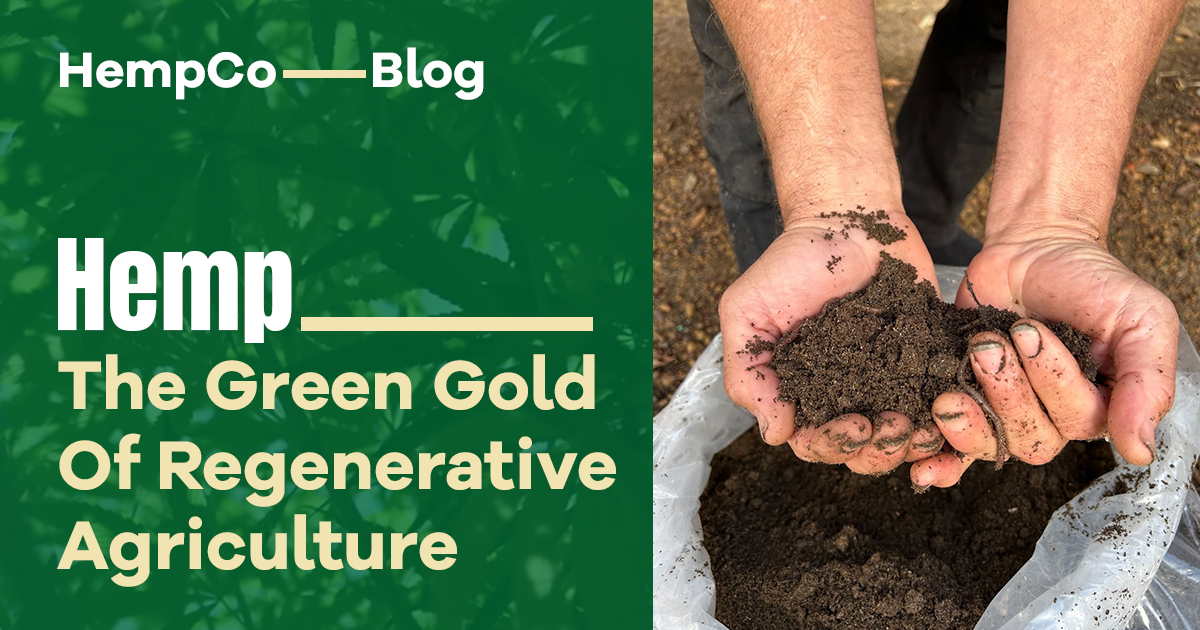
The agricultural sector is at a crossroads, balancing the need to feed a growing global population against the imperative to steward the Earth’s natural resources for future generations.
At the heart of this is the concept of regenerative agriculture—a method that not only sustains but enhances the health of our farming systems.
One promising ally in this endeavour is industrial hemp, a versatile plant that can be employed as a fertiliser, mulch, and a tool to improve soil health.
This blog delves into the multifaceted benefits of integrating industrial hemp into regenerative farming practices.
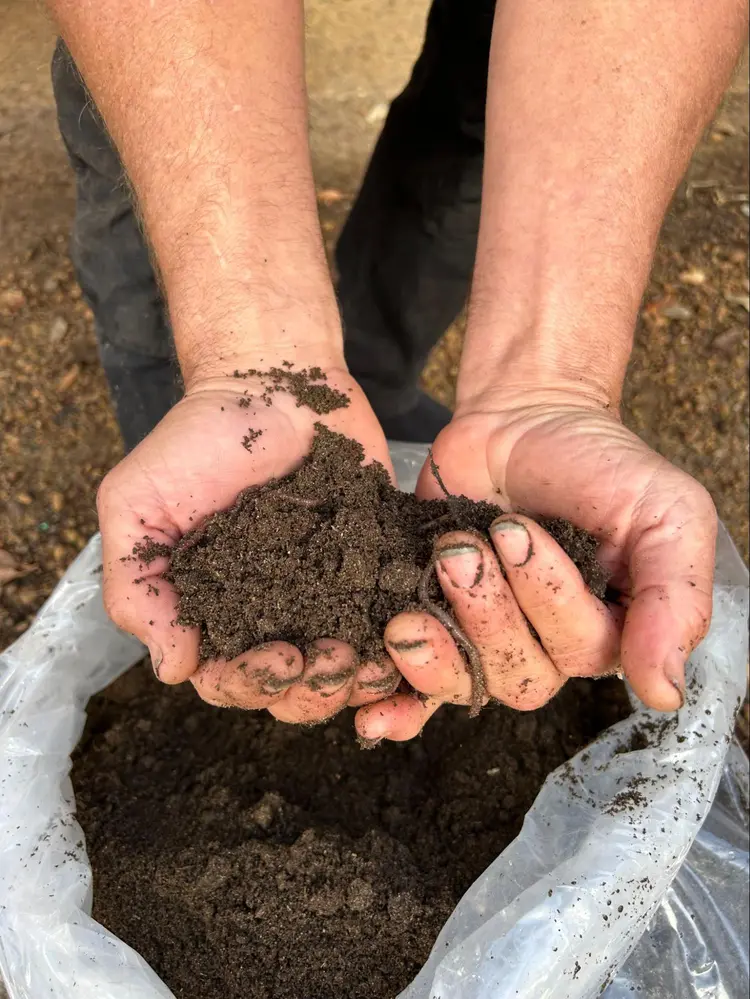
Hemp's prowess in nutrient accumulation is remarkable. As it grows, hemp absorbs and accumulates nutrients from the soil.
When the biomass is returned to the soil post-harvest, it acts as a natural fertiliser, enriching the soil for subsequent crops.
Moreover, certain hemp varieties have the ability to fix atmospheric nitrogen, reducing the dependency on synthetic nitrogen fertilisers and promoting a more self-sustaining, nutrient-rich soil ecosystem.
Utilising hemp as mulch creates a win-win scenario for both the soil and the crops. It suppresses weed growth, thus reducing competition for essential resources like water and nutrients.
The moisture retention capacity of hemp mulch minimises the need for irrigation, contributing to water conservation.
Additionally, it regulates soil temperature—a boon for soil organisms and root systems, creating a conducive environment for crop growth.
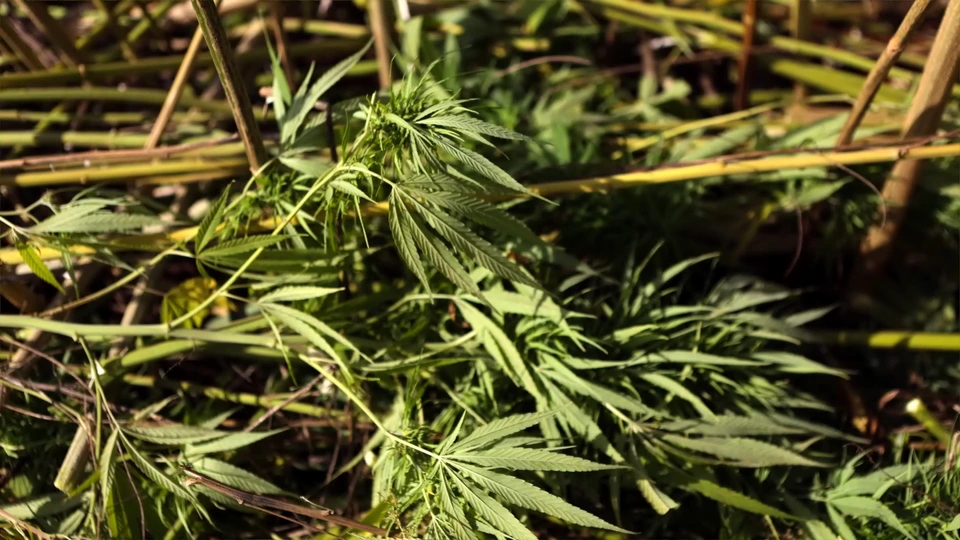
The organic matter from hemp residues significantly improves soil structure. It enhances root growth, water infiltration, and aeration, creating a hospitable abode for crops.
The decomposition of hemp residues fosters beneficial microbial communities, enhancing nutrient cycling and overall soil health.
Moreover, hemp’s role in carbon sequestration is a step towards mitigating climate change by storing carbon in the soil. Its potential for phytoremediation, a process of removing contaminants from the soil, further underscores hemp’s value in soil remediation and regeneration.
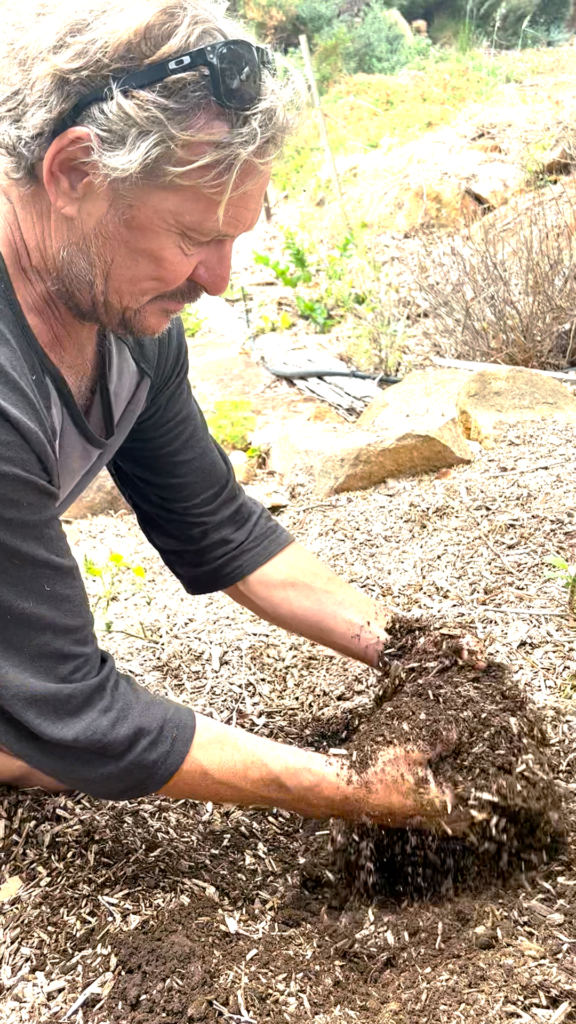
The utilisation of industrial hemp within a farming system requires thoughtful consideration of the local climate, soil type, and regulations.
Effective management practices like proper crop rotation, timely hemp planting and harvest, and the method of incorporation are crucial to maximise the benefits of hemp in regenerative farming.
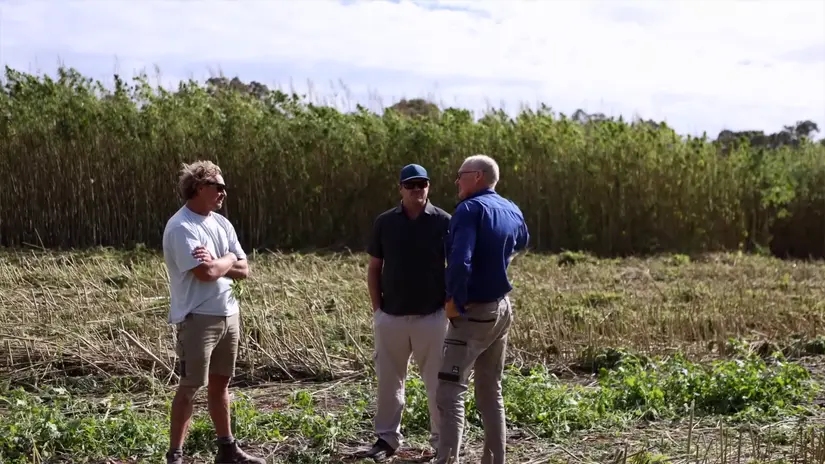
Industrial hemp emerges as a green gold in the realm of regenerative agriculture.
Its ability to improve soil health, minimise the use of synthetic inputs, and contribute to sustainable and environmentally friendly farming practices makes it a valuable asset in our quest for a more sustainable agricultural paradigm.
Through thoughtful integration and management, industrial hemp holds the promise of heralding a new era of regenerative agriculture, nurturing the land for the present and future generations.
